Students and professors fear one-year master’s, but welcome English programmes
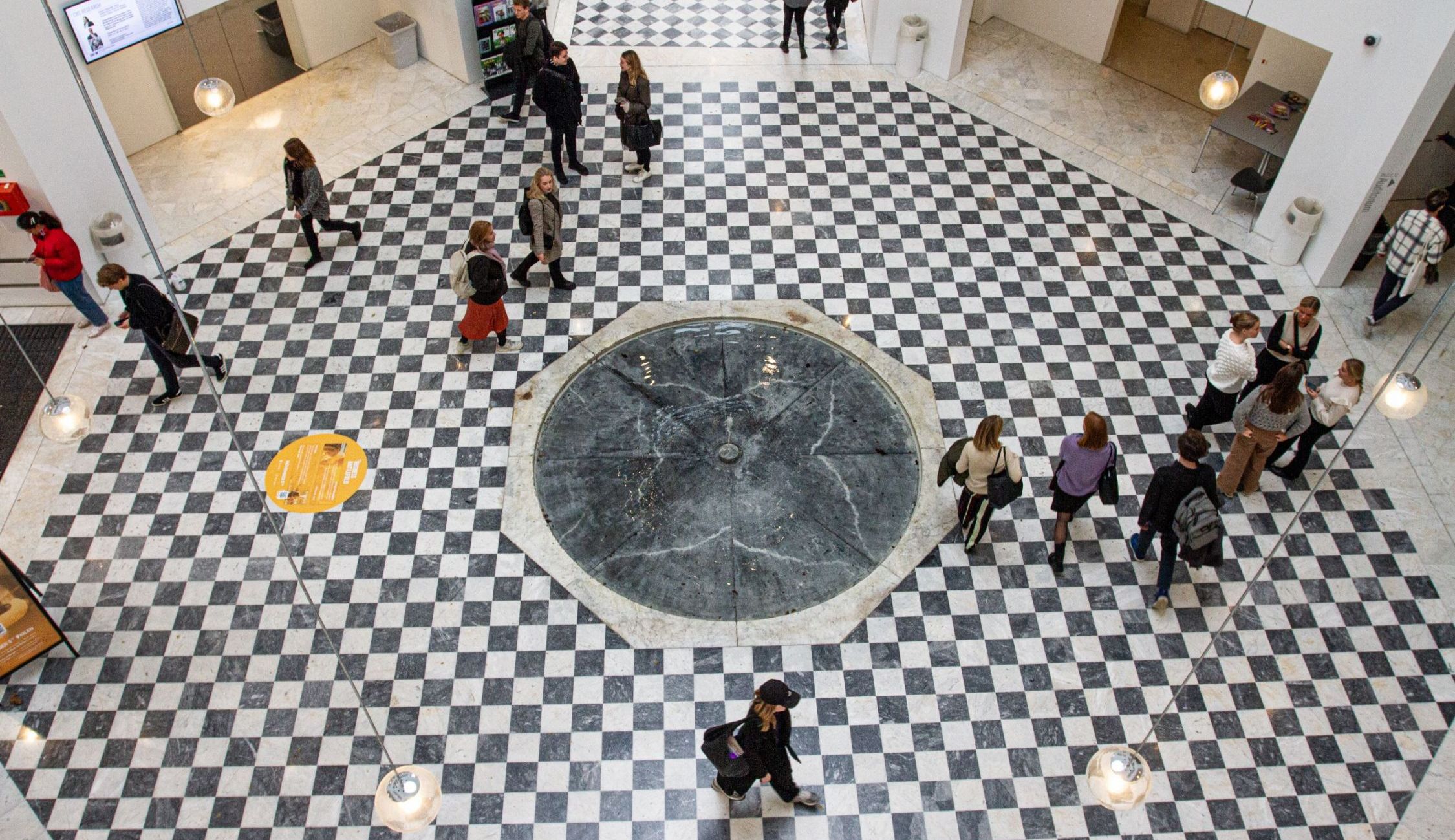
The master's reform is expected to have a large impact on CBS.
The government’s idea of reducing half of all master’s programmes to 75 ECTS, mostly within the humanities and social sciences, has met scepticism and concern at CBS. “I don’t hear anyone applauding this idea,” says Nanna Mik-Meyer, chair of the Professor's Association at CBS.
One part of the reform that was broadly welcomed at CBS, however, was the ambition to invest in more English-language programmes.
By 2029, the government wants to have 2,500 places on English language part-time master’s programmes and as many on full-time master’s programmes.
“This is positive for CBS, students and faculty, and especially for international staff at CBS,” says Nanna Mik‑Meyer, who was surprised by the good news.
We are aware it probably has to be done. I think staff are willing to look at where it makes sense. But it is hard to find arguments for why students will need less education.
Nanna Mik-Meyer, chair of the Professor's Association at CBS
But the one-year master’s continue to concern her.
“The idea that the quality will be higher when reducing the teaching – I don’t think many professors agree with that. We are aware it probably has to be done. I think staff are willing to look at where it makes sense. But it is hard to find arguments for why students will need less education,” she says.
Nanna Mik-Meyer thinks CBS faces a risk if some universities end up with many short degrees while others have mostly longer ones. The distribution, she believes, should be evenly spread across universities.
“We need to think as a group of universities. This is really key.”
By presenting the reform as a focus on quality, she believes the government missed a chance to present clear arguments. She does not quite buy the quality argument.
“We don’t really understand the burning platform for why you need to shorten the two-year programmes.”
In other presentations of the reform, and in the proposal published by the government, getting more people into employment more quickly has been mentioned.
“It is a good idea to be explicit about the reason why you are doing something. Then we can understand each other’s arguments better,” says Nanna Mik-Meyer.
“It’s still science”
One-year master’s are not welcomed by CBS Students either. David Johannes Treschow Ellebye, President of the student union, is worried about student welfare and the quality of education.
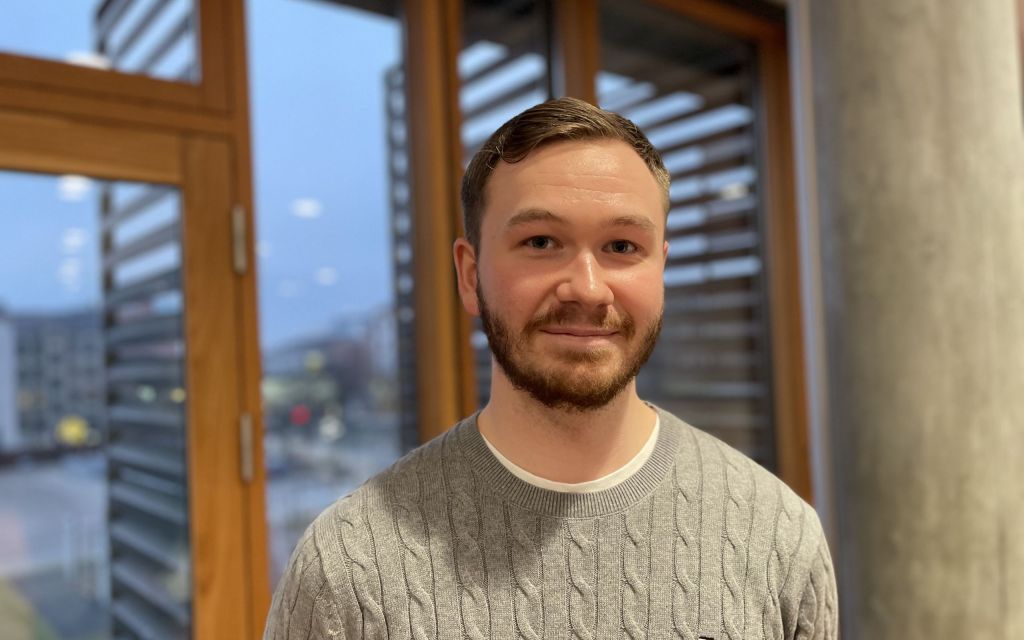
David Johannes Treschow Ellebye, president of CBS Students. Photo: Caroline Hammargren
“One concern is that it will create an A and a B team where two-year programmes are more prestigious, and those graduates will have an advantage going into the job market.”
He points to a survey conducted by the trade union Djøf where 77% of employers said they would prefer to hire candidates with two-year master’s over the one-year format.
However, key stakeholders in the Danish business sector, such as the Confederation of Danish Industry (DI) and the Danish Chamber of Commerce, have, to varying degrees, been positive about the reform.
Humanities and social sciences are also intense. I study economics and it’s incredibly quantitative. I know it’s not engineering, but it’s still a science and still technical and complicated.
David Johannes Treschow Ellebye, president, CBS Students
David Johannes Treschow Ellebye is also critical of the implication of shortening certain master’s while making others, in technical fields, longer.
“Humanities and social sciences are also intense. I study economics and it’s incredibly quantitative. I know it’s not engineering, but it’s still a science and still technical and complicated.”
Differentiation “makes sense”
Louise Theilade Thomsen, political group leader for Venstre in the City Council of Copenhagen and a master’s student in International Business and Politics at CBS, sees it differently. She is pleased with the focus on English programmes, but also with the controversial master’s reform.
“We can see that more and more people are choosing to study at university, so it makes sense to look at how the system can be more differentiated with some shorter and some longer programmes, and some more targeted towards the labour market than today.”
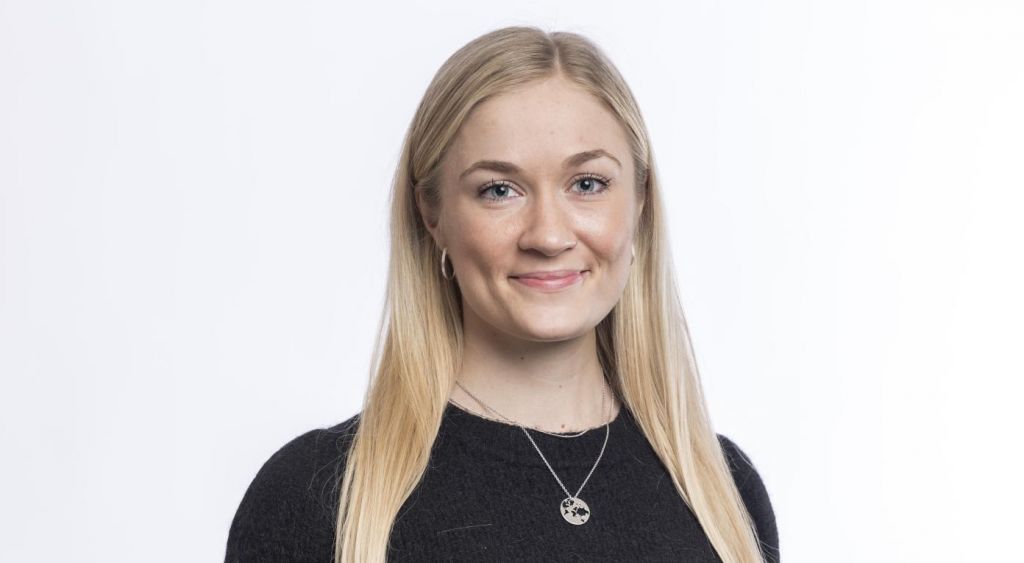
Louise Theilade Thomsen, , political group leader for Venstre in the City Council of Copenhagen and a student at CBS. Photo: Københavns Kommune.
She is not worried that shorter master’s will be considered less worthy and would have taken one herself if it had been available.
“I think students will choose what suits them best. For some who just want to get into the job market and do not plan on doing research, studying on a year-and-a-quarter programme that is more business oriented can make sense.”
The most important is that when innovation is happening quickly you can come back ten years from now to learn something new that is relevant at that time.
Magnus Juhl, student at CBS and member of Moderaterne
Magnus Juhl, a student in European Business at CBS and member of Moderaterne, lines up similar arguments. He sees it as a necessary adaptation to keep up with future innovation.
“One year is shorter than two of course, but if you have studied four years at university, with a bachelor and a one-year master, you’ll be ready for the current job market. The most important is that when innovation is happening quickly you can come back ten years from now to learn something new that is relevant at that time. The way the system is now there isn’t enough focus on lifelong learning,” he says.
Both student politicians also emphasise that the government promises not to take money out of the education system.
“I think people are worried for how the changes will turn out, because we have a good education system today, but I think it can get even better. I also think people are worried that there would be a round of savings, but money won’t be taken away from the universities,” Louise Theilade Thomsen says.
Ambiguity leaves room for hope
What seems to have left a glimmer of hope at CBS so far is not the absence of budget cuts – exactly what the reform will mean for CBS is still early to say. But rather, the fact that no decision has yet been made about which programmes will be shortened has left some hoping that CBS can avoid having too many one-year master’s.
“We do not want to risk our students falling behind in the queue for jobs because of a shorter education, so I am hoping for as many two-year master’s as possible,” says Nanna Mik-Meyer.
In an internal message in response to the reform, CBS Senior Management has flagged that “CBS must expect a significant part of our master’s programmes to be converted”.
David Johannes Treschow Ellebye says CBS Students will work with management, DSF (the national union of students for higher education in Denmark) and trade unions to give input and influence future negotiations as well as the rollout of the reform.
“We are not for the proposal. But given that it is being implemented, we will also collaborate to ensure the best possible implementation at CBS,” he says.
“We are going to fight for having fewer one-year programmes.”



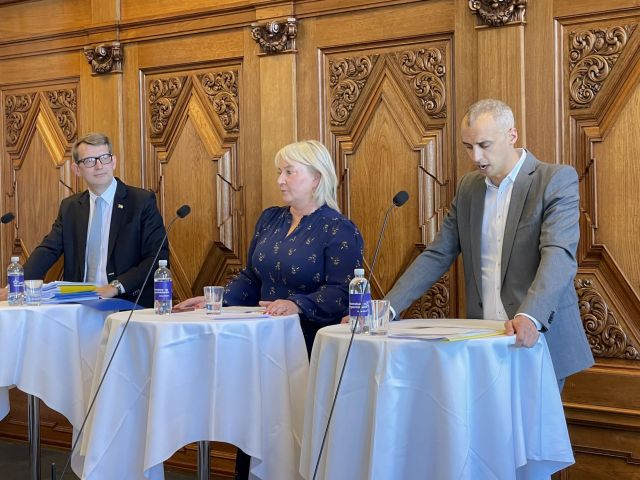
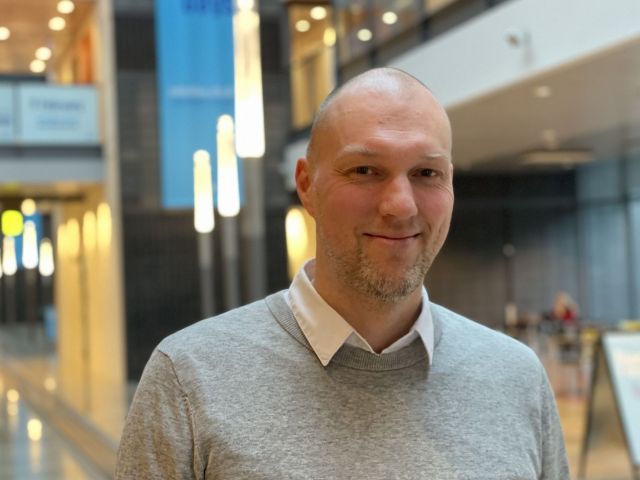
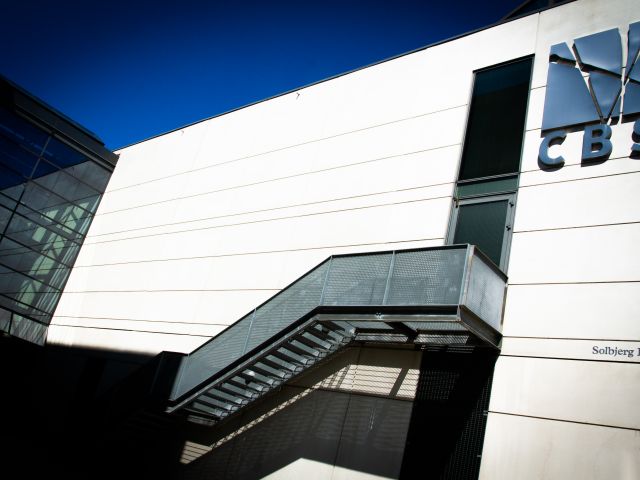






























































































































Comments